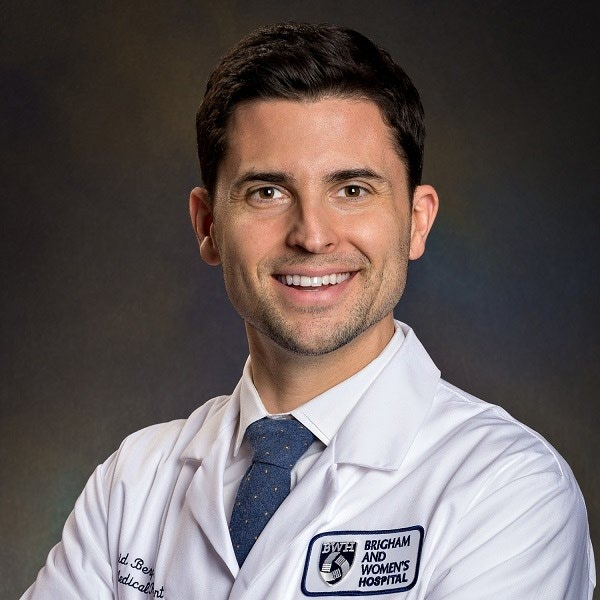Key Points
- Given the increased thrombotic risk in COVID patients, there has been substantial interest around the potential use of antithrombotic agents in the treatment of critically ill patients with COVID. The COVID PACT study assessed the effect of full-dose vs standard-dose prophylactic anticoagulation, as well as the addition of antiplatelet therapy with clopidogrel vs no additional therapy, on both thrombotic and bleeding events in COVID patients in the ICU.
- Treatment with full-dose anticoagulation resulted in lower thrombotic rates of thrombotic events in COVID ICU patients. There was no difference in rates of fatal or life-threatening bleeding, but there was an increased rate of GUSTO moderate or severe bleeding in patients treated with full-dose anticoagulation.

COVID infection carries a high thrombotic risk, which increases with severity of infection. Given this risk, the potential utility of antithrombotic therapies in COVID infection has been of great interest. Previous studies have demonstrated disparate results of anti-thrombotic therapy, in which non-critically ill patients appeared to benefit, but critically ill patients did not. In a breaking presentation at the 2022 European Society of Cardiology Conference today, Dr. David Berg (Brigham and Women’s Hospital, Boston) and his team presented “Prevention of Arteriovenous Thrombotic Events in Critically-Ill COVID-19 Patients Trial,” or the COVID PACT trial.
The COVID PACT study (NCT04409834) was a multicenter, randomized, controlled study assessing the a) impact of full-dose vs prophylactic anticoagulation and b) the addition of antiplatelet therapy vs antithrombotic therapy alone for thrombotic and bleeding events in critically ill COVID patients. All recruited patients were adults admitted to an ICU with severe COVID. Some relevant exclusion criteria included any other indication for anticoagulation, dual antiplatelet therapy, or high bleeding risk.
A total of 750 patients underwent open-label randomization to either full-dose or prophylactic anticoagulation; if these patients were not already on antiplatelet therapy, they then also underwent a second randomization to the addition of clopidogrel vs no additional medication. 34 sites were included across the United States. The mean age was 61, 41% of patients were women, and 68% of patients were obese. Patients were followed until day 28 post admission or hospital discharge. The primary outcome was a hierarchical composite of thrombotic events, including death due to venous or arterial thrombosis, pulmonary embolism, clinically evident DVT, type 1 MI, ischemic stroke, systemic embolism or acute limb ischemia, or clinically silent DVT. Utilizing a stratified win ratio approach, full dose anticoagulation was found to be superior to prophylactic dosing with a win ratio of 1.95 (CI 1.08-3.55; p=0.028). There was no significant difference with the addition of antiplatelet therapy. The primary safety endpoint, a composite of fatal and life-threatening bleeding, was not significantly different between groups. However, the secondary endpoint of GUSTO moderate or severe bleeding was higher in the full-dose anticoagulant group (HR 12.30, CI 1.64-92.08; p = 0.002). There were no differences in bleeding events in the antiplatelet arms.
When discussing the implications of the study at the ESC, Dr. Berg stated: “In a trial specifically designed to assess thrombotic events in critically ill COVID patients, a strategy of full-dose anticoagulation vs standard-dose prophylactic anticoagulation resulted in reduced thrombotic complications and increased bleeding driven primarily by increased transfusions in hemodynamically stable patients. The addition of clopidogrel did not reduce thrombotic complications or increase bleeding in this population.”


